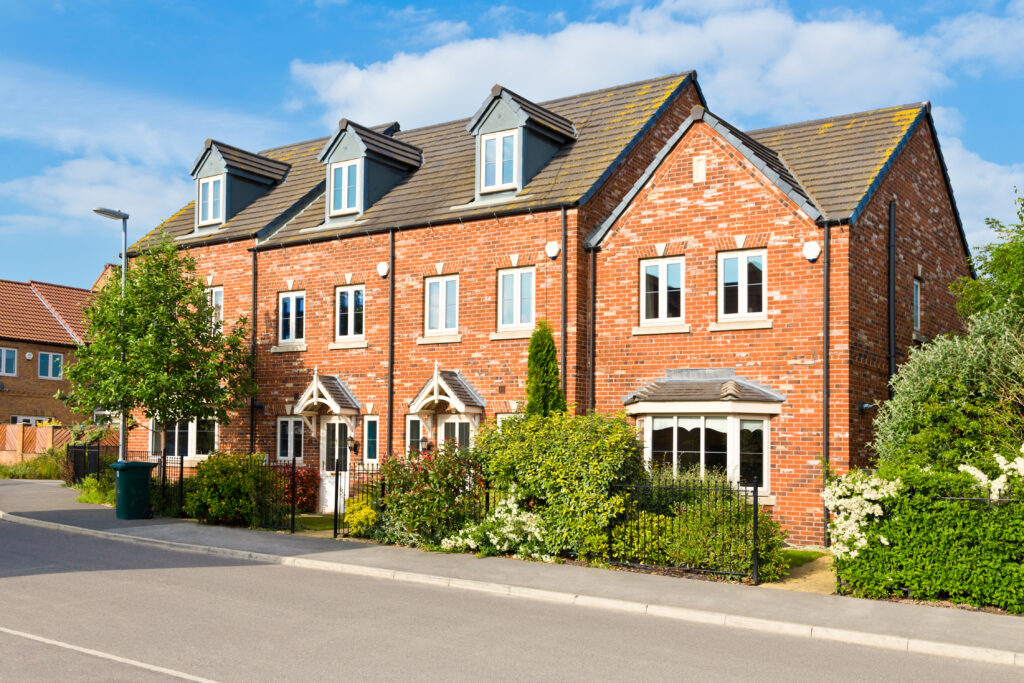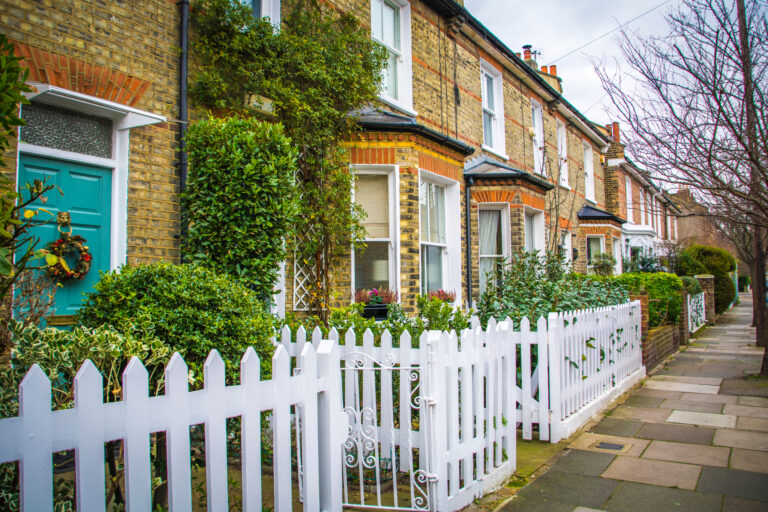Buy to let mortgages explained
Buy to let properties are a useful way to supplement your income.
In 2019, the average weekly rent in England, including London, was £200; excluding London, it was £162.
If you’re considering starting or expanding your buy to let empire, one of the key steps to doing this is securing a buy to let mortgage. As with other types of mortgages, this takes careful consideration before you take the plunge.
How does buy to let work
Buy to let is the process of purchasing a property to rent it out.
Private renting has steadily increased since 2002, with almost 20% of all private property available for rent and 4.5 million households occupied by private renters in 2019.
There are loads of reasons why you might consider to buy to let; maybe you want to top up your income, perhaps it’s for a future nest egg, maybe you want a holiday home to rent out.
Unless you’re a cash buyer, you’ll need a mortgage to buy to let.
How do buy to let mortgages work
A buy to let mortgage is very similar to a normal mortgage, with a few key differences.
Because housing is in keen demand, successive chancellors have introduced more and more regulation to discourage property investors. As a result, buy to let mortgages have higher fees, higher interest rates, and need a higher deposit.
So it’s not a decision to be taken lightly. Your finances will need very close inspection before you take the plunge.
Unlike ordinary mortgages, buy to let mortgages are often interest-only. That means instead of paying the total amount, you only pay the interest accrued and settle the final mortgage bill when you sell the property. This is fine in periods when interest rates are low, but when they start to climb you may quickly find yourself with an unaffordable mortgage. Similarly, if you sell your property for less than the mortgage value, you’ll end up owing money.
Not all banks or building societies provide buy to let mortgages, so to get the best deal you should work with a mortgage broker who will assess your options for you.
Most buy to let lending isn’t regulated by the Financial Conduct Authority (FCA) either. So if you find yourself unhappy and in a place to complain, you’ll be stuck.
A deposit for a buy to let mortgage is usually around 25% but can be as high as 40% of the property’s value.
How much can I borrow for buy to let
Unlike traditional mortgages, the amount you can borrow for buy to let isn’t determined by what you earn. Instead, the amount you can borrow depends on the rent you can charge. Typically, a mortgage company will need your rental income to be 125%-140% higher than the mortgage. That gives you enough leeway in case interest rates go up and you find yourself paying more. Unfortunately, it’s not just a case of charging more rent either, remember that you need to find a tenant willing to pay the rent, so it needs to be competitive.
Lettings agents can advise you on what rent you could charge so you don’t become unstuck when applying for a mortgage.
A mortgage advisor can give you a good idea of what you can borrow too, so consult with one before you apply.
You also need to think about the affordability of the mortgage when you don’t have rent coming in. Having periods when the property is empty is highly likely, so the mortgage needs to be affordable enough for you to build up a safety net. Whether that’s used for covering months with no rent coming in, or for making major repairs, having savings set aside is important.
Buy to let mortgages and tax
When you sell your property, you’ll have to pay capital gains tax.
Capital gains tax is charged when you sell an asset that’s increased in value. Profit above a certain threshold is taxed based on your tax band. Basic rate taxpayers pay 18%, and higher or additional rate taxpayers pay 28%. This is higher than the capital gains tax charged on other assets.
You should also expect to pay income tax. This will have to be declared on your self-assessment form and the amount of tax you pay depends on the tax band you fall into.
How many buy to let mortgages can you have
If you own four or more mortgaged properties, you will need a mortgage for a portfolio landlord. As of 2017, it’s much harder to access additional finance for portfolio landlords. If you own more than four properties but none are mortgaged, you can apply for a normal buy to let mortgage.
If you’re a portfolio landlord and applying for a new mortgage, lenders have to assess your application and your portfolio too. They will assess your total portfolio, looking at the rental income from each property, your existing mortgages and calculate the affordability of a new mortgage.
You can have any number of buy to let mortgages. Individual lenders may limit the number of mortgages you can have with them or set a limit for the total amount you could borrow.
Lenders might also limit the number of mortgages you can have with other lenders. This is known as ‘in the background’ and the limit can vary between 4 and 10 mortgages.
If you have fewer than four properties, the lender might ask for a little bit of info about each property but this won’t influence your mortgage offer.
Can I change my mortgage to a buy to let?
Whether you can change your mortgage depends on the terms. You need explicit permission from your lender to change it. Some lenders specify that the mortgage cannot be converted, so you’ll need to apply for a new mortgage.
As ever, talking to a mortgage advisor will help you better understand if you can convert your mortgage. They can also be able to give you advice on rates and what you could borrow.
If you do rent out your property without permission from the mortgage lender, you will be in breach of contract and the lender could demand its money back.
Can first-time buyers buy to let?
Yes, first-time buyers can buy to let.
But you might find it incredibly hard to secure a lender who offers buy to let mortgages for first-time buyers.
You’ll also need a very robust credit rating and be able to prove that you can afford the mortgage. You’ll likely need a higher deposit of around 25% (but up to 40%) and, because of how small the market is, finding a competitive rate may be difficult.
If you’re a first-time buyer looking to buy to let, you should definitely consult a mortgage adviser to save yourself the hassle of searching high and low for a great rate.
Can you get a buy to let mortgage if you don’t own a property?
Because you need to have an idea of the rent yield, at the very least you need to have a property lined up to apply for a buy to let mortgage.
Assuming you’re not a first-time buyer and have proof of historical mortgage payments, you don’t need to have an accepted offer on a property just yet.
Can you rent to a family member under a buy to let mortgage?
The rules around buy to let mortgages differ if you’re renting out to a family member.
Renting to a family member changes the mortgage to a consumer buy to let and affordability is assessed by the same criteria as applying for a normal mortgage. So while you can rent out to a family member, just be aware that you’ll have to do more in the mortgage process.
If you rent out to a family member after agreeing to the mortgage terms, you may be in breach of contract.
Can you release equity on a buy to let mortgage?
Yes, just as you would with a normal mortgage, you can release equity on a buy to let mortgage. This is the best option when you come to the end of any introductory offer and want to remortgage.
For more information on releasing equity and remortgaging, read our how to remortgage guide.
Can I live in my buy to let house?
While it’s technically not illegal for you to live in your buy to let house, it’s very likely to be in breach of your mortgage contract. And if your mortgage company finds out then they could ask you to repay your loan.
If you’re interested in becoming a landlord or want advice about buy to let mortgages, get in touch with our lettings team for friendly and professional advice.




